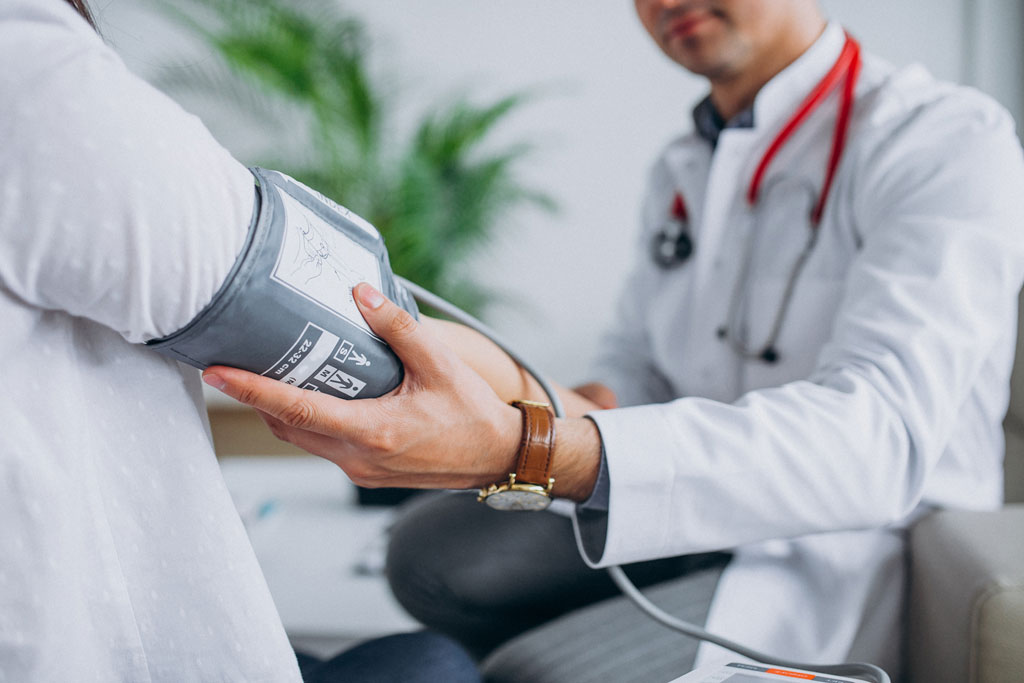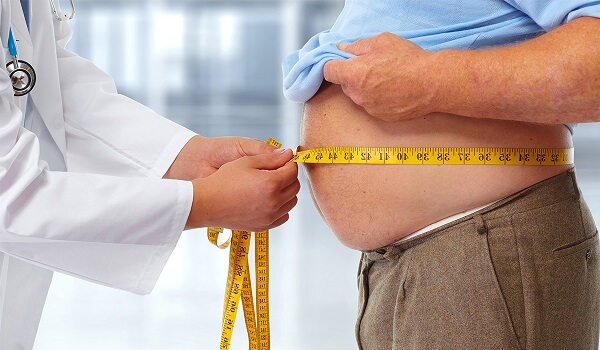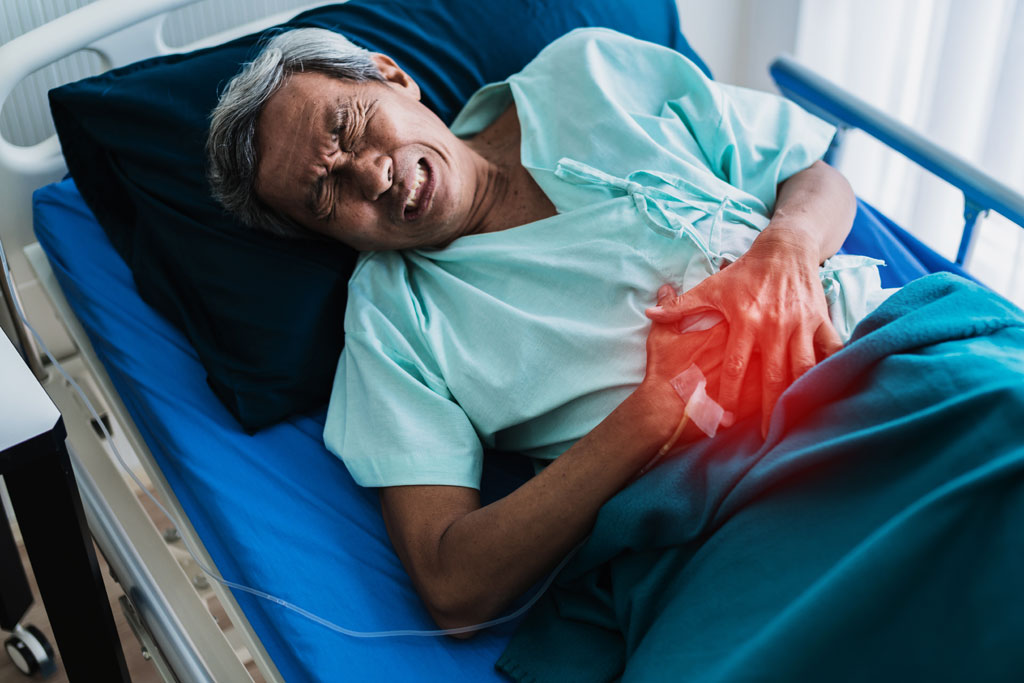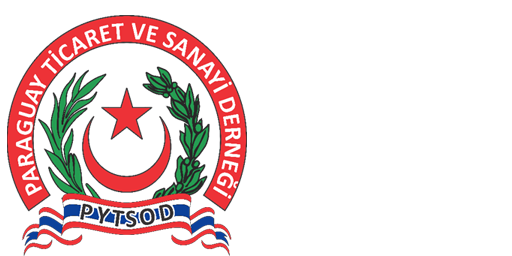Hypertension can lead to stroke and kidney problems

Warning about hypertension, Internal Medicine Specialist Dr. Mesut Orhan said that "Primary hypertension is persistently high blood pressure in the cardiovascular system. High blood pressure can put too much pressure on the walls of blood vessels, causing damage over time. This can lead to heart disease, kidney disease, stroke and other health problems. Primary hypertension is diagnosed by measuring blood pressure."
Medical Park Tokat Hospital, Internal Medicine Specialist Dr. Mesut Orhan Informed about hypertension. Underlining that there are two types of hypertension disease, Spec. Dr. Orhan stated that there are primary and secondary types of hypertension.
IT CAN CAUSE HEART DISEASE
Stating that primary hypertension, also called essential hypertension, means that the blood pressure in the cardiovascular system is constantly high, Spec. Dr. Orhan said that "High blood pressure can put too much pressure on the walls of blood vessels, causing damage over time. This can lead to heart disease, kidney disease, stroke and other health problems. Primary (essential) hypertension is diagnosed by measuring blood pressure. Blood pressure consists of two numbers, upper (systolic) and lower (diastolic). Normal blood pressure is considered to be 120/80 mmHg, while blood pressure of 140/90 mmHg or higher is considered high."
ENVIRONMENTAL FACTORS MAY HAVE AN IMPACT
Explaining the causes of primary hypertension, Spec. Dr. Orhan noted that "Although the cause of primary hypertension is not known exactly, genetic and environmental factors are thought to be effective. Factors such as age, overweight, inactive lifestyle, salt intake, stress and alcohol consumption can increase the risk of essential hypertension."
MEDICATION USE MAY INCREASE THE RISK
Stating that secondary hypertension types occur due to a specific cause, Spec. Dr. Orhan stated that "For example, kidney disease, a disease affecting the adrenal glands or medication can cause high blood pressure. This type of hypertension is called secondary hypertension."
THESE SYMPTOMS SHOULD NOT BE IGNORED
Spec. Dr. Mesut Orhan listed the symptoms of hypertension disease as follows:
• Fatigue,
• Nausea,
• Headache,
• Stress, nosebleeds after physical activities,
• Dizziness,
• Nervousness,
• Weight loss,
• Heart palpitations,
• Blurred vision,
• Swollen eyelid,
• Frequent urination at night,
• Anxiety,
• Sleep problems,
• Hearing problems,
• Having emotional problems,
• Rapid and irregular heartbeat,
• Shortness of breath
• Edema in the body.
REGULAR EXERCISE IS VERY IMPORTANT
Referring to ways of treatment, Spec. Dr. Orhan said that "To reduce the potential risks of primary hypertension, it is important to measure blood pressure regularly, make lifestyle changes (exercise regularly, eat a healthy diet, limit salt and alcohol consumption) and regularly follow the medication recommended by your doctor. Treatment can be done with lifestyle changes and medicines. Lifestyle changes include measures such as losing weight, exercising regularly, limiting salt intake and reducing alcohol consumption. Drug treatment can include various medications that help lower blood pressure. In the treatment of primary hypertension, lifestyle changes, medication or a combination of both are recommended. The treatment protocol is determined individually and may vary according to the person's age, gender, general health status, other medication use and high blood pressure level."
TREATMENT METHODS
Spec. Dr. Orhan listed the steps that can be applied in the treatment of primary hypertension as follows:
Lifestyle changes, measuring one's blood pressure regularly and adopting a healthy lifestyle are recommended. This means exercising regularly, eating a healthy diet, limiting salt and alcohol consumption, not smoking and reducing stress
Smoking and alcohol are very effective risk factors. Therefore, it should be stopped within a short period of time.
Daily salt intake of more than 6 grams is also among the risk factors. This value should not be exceeded. Excess salt causes water retention and increases fluid in the body.
Eating properly allows you to take precautions against risk factors. Spicy, fast food, salty, fatty foods should be avoided. Grain and fiber foods should be preferred instead. Proper nutrition is very important to prevent risk factors within the scope of blood pressure treatment.
Physical activities provide both weight control and a healthy life within the scope of blood pressure treatment. It would be appropriate to exercise outdoors or in the gym a few days a week, depending on one's preference. Regular exercise also prevents other problems.
Medicines should be used regularly
In addition to medication, support can be provided through electrophoresis, phytotherapy, acupuncture, psychotherapy and auditory training.





















